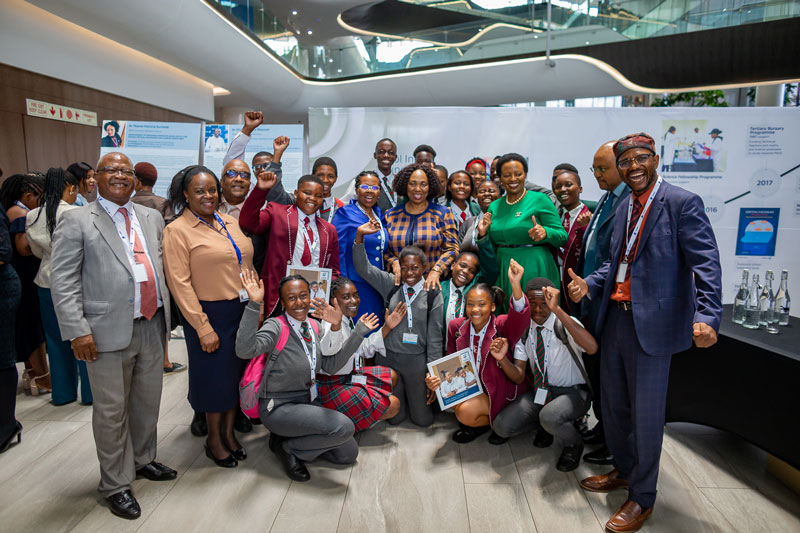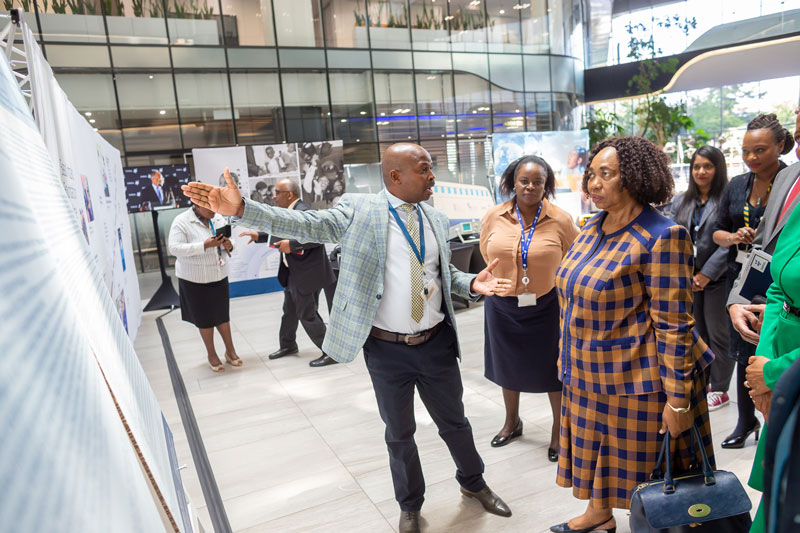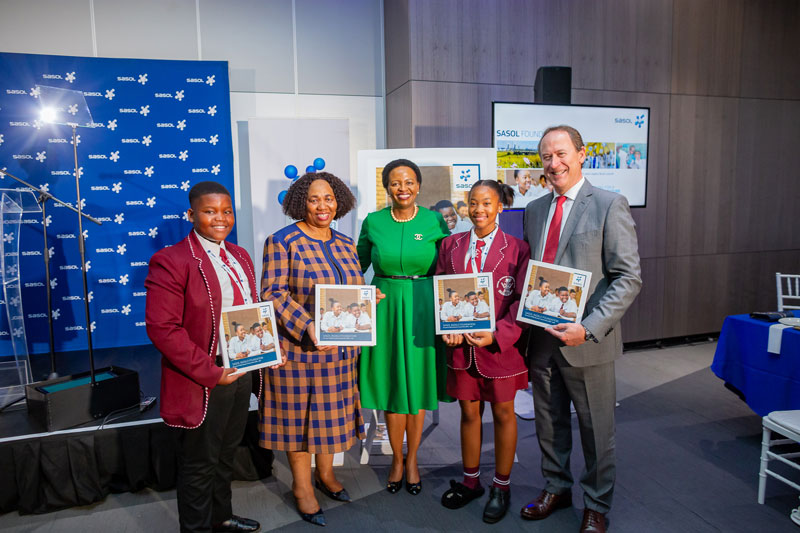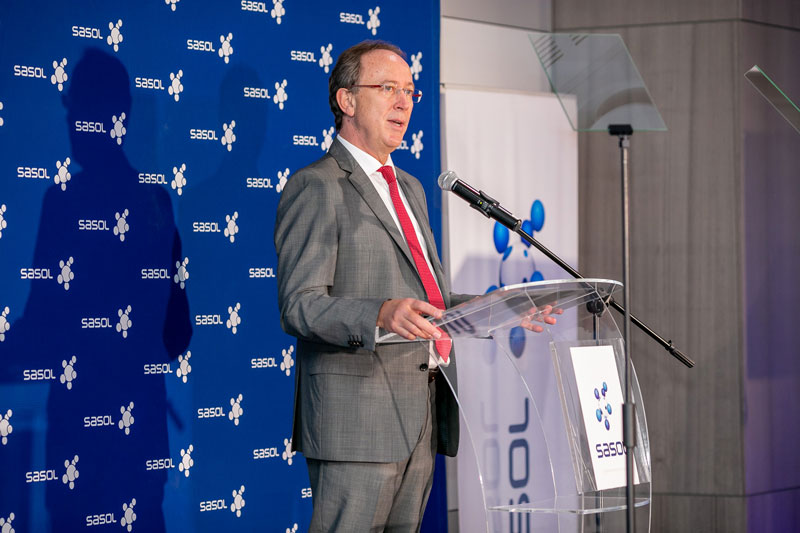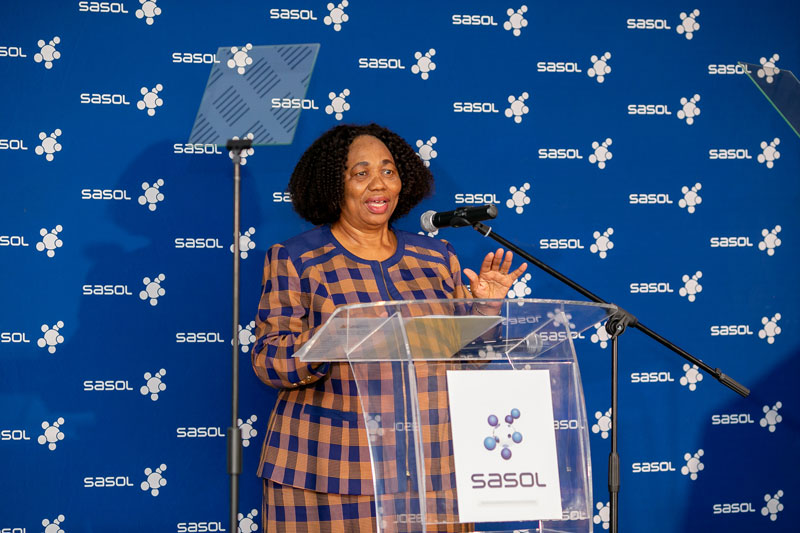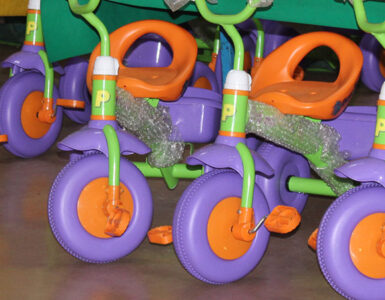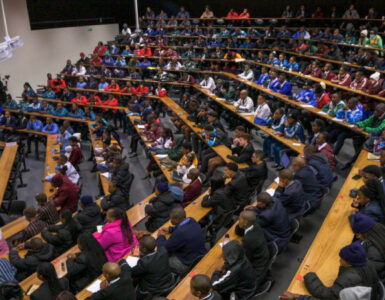The Sasol Inzalo Foundation (SalF), now known only as the Sasol Foundation, today launched a 10 year legacy book that reflects on its achievements and challenges in impacting Science, Technology, Engineering and Mathematics (STEM) education in South Africa.
SalF was established in 2008 as part of Sasol’s Broad-based Black Economic Empowerment transaction, which transferred 1.5% of Sasol Limited shares to fund the Foundation’s mandate, which was to drive excellence in the teaching and learning of STEM education in the country. This was by enabling access to tertiary education opportunities for learners from low-income households and also assisting to alleviate bottlenecks in the country’s schooling system.
“The book is not necessarily about the Sasol Inzalo Foundation but more about its beneficiaries, the hundreds of thousands of learners, students and educators whose lives and prospects the foundation impacted,” said Charlotte Mokoena, Executive Vice President for Corporate Affairs and Human Resources at Sasol. “This book tells many of their stories as well as the stories of how one foundation made a big impact on the South African education system over a short period,” she added.
Over its 10 year tenure, SalF’s achievements included the following:
- disbursing around 1,400 bursaries to young people from disadvantaged areas,
- authoring nearly 200 titles of Science, Technology and Mathematics textbooks and workbooks, which can be accessed free of charge online,
- donating nine Mobile Science Laboratories with another recently donated to Si-Bono Discovery Center and one in the pipeline to be used in outreach programmes in rural schools. These reach up to 30 schools per annum when fully utilised, and
- helping to restore John Orr Technical School to its former glory days when it was regarded as an ‘international technical school’ by turning it into a centre of excellence in mathematics, science and technology.
The achievements were executed via SalF’s three key programmes those being STEM in Schools; TechSENet; and the Tertiary Programme. These focused on technical education, teacher and principal support, student funding and support, and mobile science laboratories. The Sasol Inzalo Foundaton: Ten years in STEM education in South Africa 2008 – 2018 commemorative book is also available online on www.sasol.com



